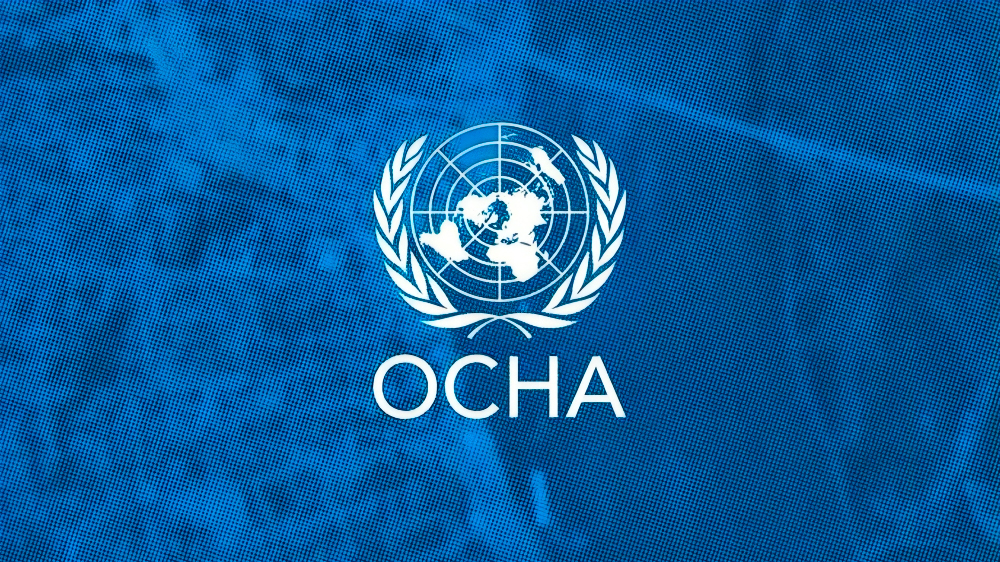UN OCHA to Slash Workforce by 20% Amid Deepening Global Funding Crisis
“We believe deeply in the work we do, and with good reason,” Tom Fletcher wrote. “But we can no longer continue doing everything, everywhere.”

By Ahora Qadi
ERBIL (Kurdistan 24) — The United Nations Office for the Coordination of Humanitarian Affairs (OCHA) has announced a sweeping 20% reduction in its global workforce, in response to what it described as a dramatic decline in international funding—a move that is set to impact its presence in several critical regions, including Iraq.
Tom Fletcher, head of OCHA, conveyed the news in an internal letter to staff on Thursday, excerpts of which were published on the agency’s website. He characterized the current global context as “the most difficult ever faced by the humanitarian sector.”
“The humanitarian space was already underfunded, overstretched, and under attack,” Fletcher wrote. “Now, we are contending with a wave of severe funding cuts.”
Cost-Cutting in a Time of Growing Needs
Since February, OCHA has implemented austerity measures that yielded $3.7 million in savings. Despite these efforts, Fletcher noted the agency now confronts “difficult choices” that are driven not by shrinking needs, but by shrinking budgets.
“Overall, we will reduce our workforce by 20%,” he stated, emphasizing that this step is necessary to manage a budget gap of nearly $60 million for the agency’s 2025 humanitarian response plans.
The decision will affect OCHA’s footprint in multiple countries, including Cameroon, Colombia, Eritrea, Iraq, Libya, Nigeria, Pakistan, Turkey, and Zimbabwe.
U.S. Aid Cuts Drive Sector-Wide Retrenchment
Although Fletcher did not directly name the United States, his remarks follow Washington’s recent decision to cut 83% of funding for USAID humanitarian programs—an agency that alone managed a $42.8 billion annual budget, accounting for 42% of global humanitarian aid.
The cuts have rippled across the UN system. At the end of March, the UNHCR (United Nations High Commissioner for Refugees) warned that it too would enact “significant staff reductions,” citing the same steep drop in U.S. support. UNHCR employed roughly 20,000 people as of late September 2024.
Strategic Retrenchment or Existential Threat?
Fletcher acknowledged the emotional toll of the cuts on OCHA personnel, many of whom have dedicated their careers to responding to crises in conflict zones and disaster areas.
“We believe deeply in the work we do, and with good reason,” he wrote. “But we can no longer continue doing everything, everywhere.”
The agency is expected to reevaluate its operations globally, prioritizing missions based on the severity of humanitarian needs and the availability of financial support.
Implications for Iraq and the Region
The reduction of OCHA’s presence in Iraq comes at a particularly delicate time, as the country continues to face reconstruction challenges, displacement issues, and vulnerabilities stemming from regional instability.
OCHA’s downsizing may constrain the UN’s ability to coordinate international assistance and monitor ongoing humanitarian needs in Iraq and the wider region. Humanitarian experts warn that such retrenchment, especially in high-need areas, could result in gaps that local governments and NGOs are ill-equipped to fill.
As global humanitarian architecture confronts a new era of funding volatility, the downsizing of OCHA signals a broader reckoning for international aid systems. Whether this marks a strategic realignment or a systemic unraveling remains to be seen.